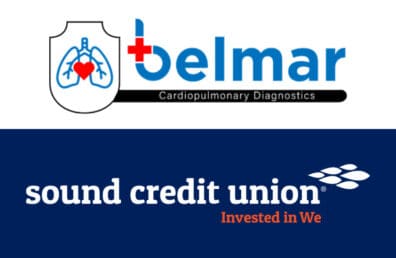Preparing Your SBA Loan Application

Preparing Your SBA Loan Application
To help prepare your application, follow these guidelines.
Check Your Credit Rating
Both your bank and the SBA want to be confident your credit rating is sound so it’s important you’re aware what it is. Identify any blemishes on your personal and business credit report and fix or clear up any inaccuracies.
The steps are:
- Request your credit report from annualcreditreport.com. They collect data from the three major credit bureaus: Equifax, Experian, and TransUnion. You have the right to obtain one free credit report per year. Fill out the online request form with your personal information, select which credit bureau’s report you want to access (you can choose one at a time or all three).
- You’ll receive your credit report online. Review it carefully to ensure all information is accurate and up-to-date. Check for any errors, such as incorrect account information, late payments that you believe are inaccurate, or accounts that may not belong to you.
- Your credit score is a numerical representation of your creditworthiness based on the information in your credit report. You may need to purchase your credit score directly from the credit bureau or use other services that offer free credit scores (many banks and credit card companies provide this service to their customers).
- If you find errors on your credit report, contact the credit bureau in writing to dispute the inaccuracies. They are required to investigate and correct any errors within a reasonable timeframe.
Checking your credit rating regularly helps you stay informed about your financial health and ensures that your credit information is accurate. This knowledge is crucial when applying for loans, mortgages, credit cards, or other forms of credit, as lenders use your credit history and score to assess your creditworthiness and determine loan terms.
Documentation
Regardless of which loan you’re applying for, there’s paperwork that applies to all of them. Getting all the below organized in advance should speed up the process and demonstrate your diligence.
- Outline your personal background, educational and business experience and your previous addresses going back at least two years.
- An updated business plan so the SBA understands your business and strategy, reasons for applying for the loan, planned goals and objectives.
- A resume that lays out your employment history, both as a business owner and as an employee. Emphasize evidence of management or business experience, especially if you’re starting a new business.
- Any debts or liabilities.
- Your contribution to the loan and how you intend to make repayments.
Once you’ve collected the information around the history and state of your business, it’s time to locate the financial documents. The SBA and your lender will want to see:
- Income tax returns and financial statements for the past 3 years.
- Any legal documents such as business licenses and registrations, copies of contracts with any third parties and commercial leases, depending on what’s required.
- Any loans you’ve applied for in the past, as well as any applications that may have been declined.
You’ll also possibly need to provide a 3 year cashflow forecast.
SBA Forms
There are several forms you’ll need to fill out, depending on the loan you’re applying for. In most cases, you’ll have to complete:
Borrower Information Form (1919)
You need to complete this form when applying for a 7(a) loan and submit it to the SBA participating lender. The SBA is looking to determine your suitability for a loan and needs to conduct background checks, so the form asks for details about you as the owner/applicant, the loan, existing indebtedness and information about any other government financing you may have used.
Personal financial statement (413)
The SBA uses this information to determine if you’ll be able to meet the loan repayments.
It’s always best to check these forms with your bank manager or accountant, or at the very least, get them to review the paperwork before you submit it to the SBA.
Next Steps
At the end of the day, the better prepared you are, the more streamlined the process will be. Remembering as the funds are coming from your lender, it’s wise to complete your application with their assistance. Not only do they have their own criteria, but as an SBA lender they’ll be able to guide you through the process.





